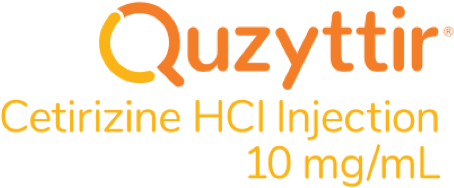×
Attention
If you click “Continue” below, you will leave the current site and be taken to a site maintained by a third party who is solely reponsible for its content. TerSera provides this link as a service to website visitors. TerSera is not responsible for the privacy policy of any third party websites. We encourage you to read the privacy policy of every website you visit.
